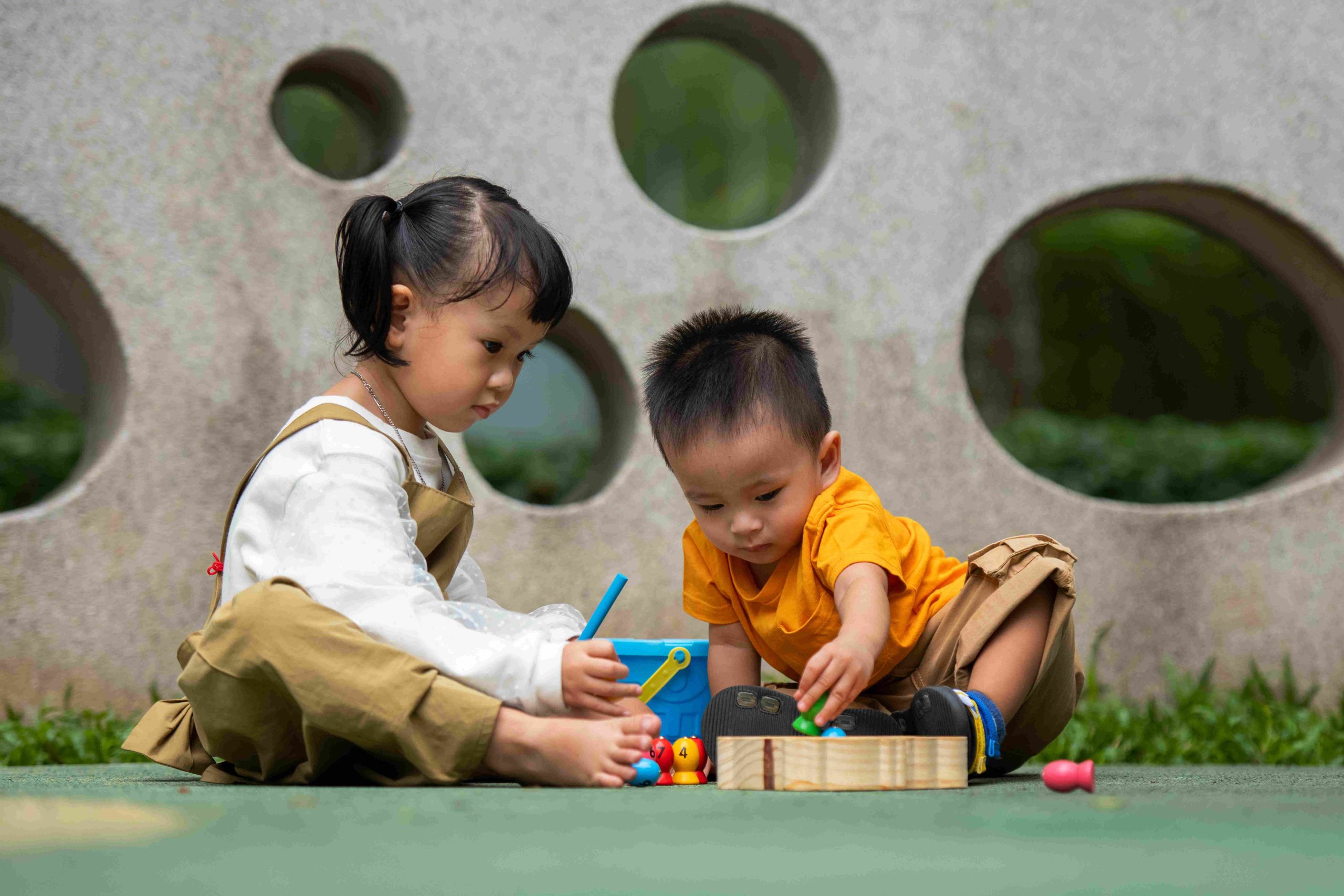
A Complete Guide to Recognizing Preschoolers’ Needs
We all want to ensure that the preschoolers in our care are content, healthy, and flourishing, whether we are parents, caregivers, or educators. Preschoolers are at a special developmental period when their requirements are continuously shifting and developing. In this guide, we’ll discuss the varied needs of preschoolers and provide advice on how to address them.
Preschoolers’ Physical Needs
Preschoolers are full of energy and constantly on the move. It’s crucial to provide opportunities for them to exercise throughout the day. Here are some tips for meeting toddlers’ physical needs:
- Outdoor Play: Give kids the chance to play outside, where they can run, jump, climb, and explore. Outdoor play provides exercise, fresh air, and sunlight.
- Indoor Activities: Encourage active play indoors when outdoor activity is not possible. Activities like dancing, active games, or simple exercises keep them moving.
- Nutrition: Ensure that your child has a balanced diet including fruits, vegetables, whole grains, and lean protein. Avoid sugary or processed foods that may cause mood swings and energy crashes.
Preschoolers’ Emotional Needs
Preschoolers are learning to control their emotions and communicate effectively. It’s important to provide them with a safe and supportive environment to explore their feelings and develop coping skills. Here are some suggestions:
- Safe Environment: Create a safe, supportive atmosphere where preschoolers feel loved, valued, and respected.
- Emotional Expression: Encourage preschoolers to express their feelings through activities like drawing, painting, or storytelling.
- Coping Skills: Help preschoolers develop coping skills through activities like deep breathing exercises or mindfulness practices.
Social Needs of Young Preschoolers
Preschoolers are learning to interact with others and navigate social situations. Providing opportunities for socialization and teaching essential social skills is crucial. Here’s how:
- Social Play: Encourage social interaction through activities like playing with toys, building blocks, or engaging in pretend play.
- Social Skills: Teach preschoolers important social skills such as listening, sharing, and taking turns through storytelling or role-playing.
- Group Activities: Organize group activities like circle time, singing songs, or group games to promote social interaction.
Preschoolers’ Cognitive Needs
Preschoolers are rapidly developing cognitive abilities such as reasoning and problem-solving. Providing opportunities for cognitive growth is essential. Consider the following:
- Exploration: Allow preschoolers to explore and learn through activities like science experiments, sensory play, or nature walks.
- Problem-Solving: Encourage problem-solving and critical thinking skills through games or puzzles that stimulate their imagination.
- Reading: Read age-appropriate books to preschoolers to foster vocabulary, comprehension, and critical thinking skills.
Preschoolers’ Language Needs
Preschoolers are in a crucial period of language development. Providing opportunities for language enrichment is vital. Consider the following strategies:
- Conversations: Engage preschoolers in conversations to improve their social skills and linguistic abilities.
- Songs and Rhymes: Singing songs and reciting rhymes help develop vocabulary, pronunciation, and rhythm.
- Storytelling: Encourage preschoolers to tell stories, fostering language development and creativity.
Preschoolers have unique nutritional and sleep needs that must be addressed holistically. By providing a nurturing environment that meets their physical, emotional, social, cognitive, and linguistic needs, we can help them thrive and develop into well-rounded individuals.
Nutritional Needs
A balanced diet is essential for preschoolers’ growth and development. Here are some strategies for meeting their nutritional needs:
- Variety: Offer a variety of foods from all food groups to ensure adequate nutrition.
- Limit Processed Foods: Limit processed and sugary foods in their diet, offering them occasionally.
- Hydration: Encourage water consumption to keep preschoolers hydrated throughout the day.
Sleep Needs
Preschoolers need plenty of sleep to support their development. Establishing a consistent bedtime routine and creating a peaceful sleeping environment are essential. Here’s how:
- Bedtime Routine: Establish a regular bedtime routine to help preschoolers relax and prepare for sleep.
- Sleep Environment: Ensure that their bedroom is calm, dark, and at a comfortable temperature.
- Adequate Sleep: Preschoolers need between 10 and 13 hours of sleep each day. Maintain a consistent sleep schedule to ensure they get enough rest.
Conclusion
To ensure that preschoolers thrive, it’s essential to address their specific needs. By providing opportunities for exercise, emotional expression, social interaction, cognitive growth, and language development in a nurturing environment, we can help preschoolers become healthy, content, and well-rounded individuals. Let’s prioritize their needs and provide the support and guidance they require to reach their full potential.


